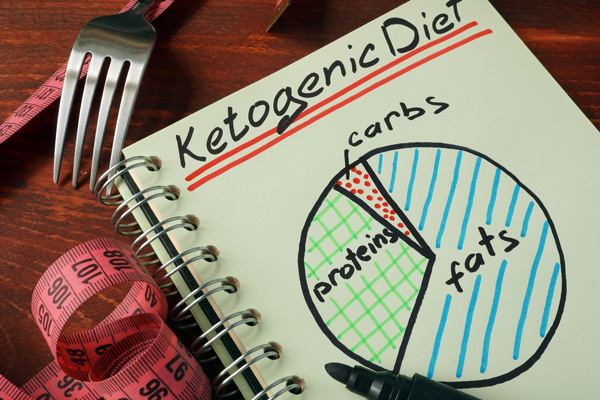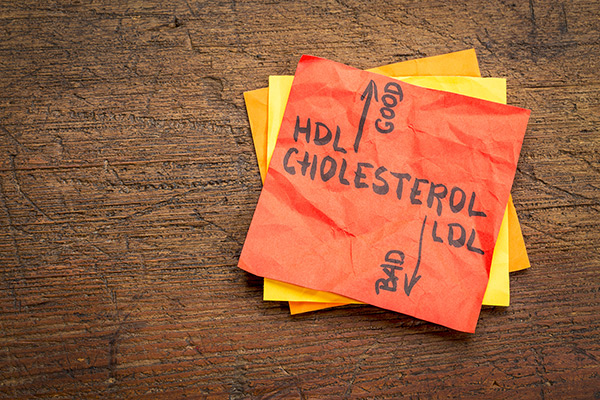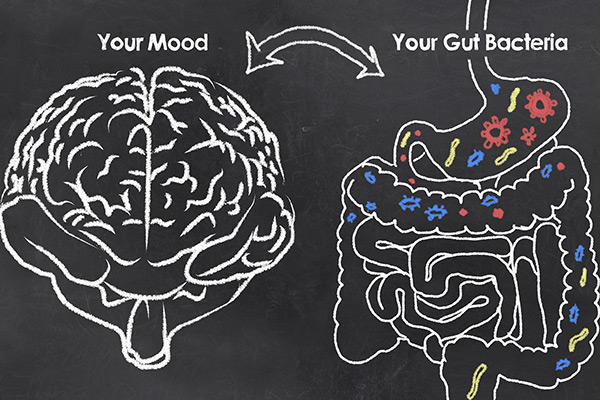
Humanity is going through a moment in which there are many chronic diseases that have never been observed before. Children suffering from diseases which were normally only seen in adults, young people with diseases of the elderly, and the elderly with chronic diseases, compromising their quality of life. If we observe the way we are conditioned to eat, we will see that we are eating several foods that turn into sugars, processed foods, full of flours, chemical additives and hydrogenated fats.
We’re doing it wrong, obviously.
There are many reasons to reduce the consumption of sugars, carbohydrates and processed foods, and they go well beyond weight loss. Being thin is a consequence of being healthy, but not every skinny person is healthy.
And if you are overweight, then this text is for you.
A low carb diet (a diet with low content of carbohydrates) means that you will eat less carbohydrates and higher fat content. It can also be called a low-carb, high fat (LCHF) or ketogenic diet.
For decades, fat has been said to be harmful to our health, while low-fat products, often full of sugars, crowd the supermarket shelves. This was a big mistake, which coincided with the beginning of the increase in the obesity epidemic and of most of our chronic diseases.
Recent studies show us that there is no reason to fear natural fats.
Fat is your friend. On a low carb diet, you can eat all the fat you need to feel satisfied, and, consequently, minimize your intake of sugars and starches. Most people can eat delicious foods until they are satisfied – and still lose weight!
How does it work? When you avoid sugars and carbohydrates, your glucose tends to stabilize and the levels of fat-storing hormones go down.
This speeds up fat burning, and makes you feel more satisfied, reducing the food-craving and causing weight loss.
Studies show that a low-carb diet facilitates weight loss and helps to control blood sugar levels, among other benefits.
Yet, the ketogenic diet, used by our ancestors and scientifically recognized as an optimizer of mitochondrial function, offers numerous health benefits, that go beyond weight loss and are related to cellular health.
The Ketogenic Diet (KD) is a dietary approach which is rich in fats, adequate in protein, but strategically low in carbohydrate levels to make it insufficient for metabolic demands. Much of the knowledge associated with “KD” comes from studies about prolonged fasting, that induce physiological ketosis. The physiological ketosis occurs when two to three days after a strict restriction of foods with a high content of carbohydrates, the body uses the fat stored in adipocytes (fat cells) and converts it into energy.
The organism naturally takes a few weeks to get used to the new assortment of nutrients, and then stabilizes. Along with this balance, the glycemic leveling, the reduction of bad cholesterol levels and the greater absorption of nutrients ends up equalizing as well.
What we know today about the ketogenic diet:
- The food prescription is determined individually, with the objective of keeping the proportions of macronutrients (fats, proteins and carbohydrates) within the proposed limits. The monitoring must be periodic, because probably this patient, over time, will no longer need to use drugs or other medications to lower their blood glucose.
- Fasting is essential, but it should not be done carelessly. When entering (or completing) a fast (between 18-24h), reintroducing macronutrients is recommended. You must include water, fats and proteins.
- Type II diabetes is described as “lipogenic diabetes”, and can be very easily controlled with a diet.
- A low carbohydrate diet is recommended for the whole family and especially for members who have a predisposition for the development of any chronic disease. A healthy diet, exercise, quality sleep and stress management techniques are all recommended for those who wish to live a longer and healthier life!
References:
- An Online Intervention Comparing a Very Low-Carbohydrate Ketogenic Diet and Lifestyle Recommendations Versus a Plate Method Diet in Overweight Individuals With Type 2 Diabetes: A Randomized Controlled Trial
- Ketogenic diet in endocrine disorders: Current perspectives.
- Treatment of diabetes and diabetic complications with a ketogenic diet
- Effect of low-calorie versus low-carbohydrate ketogenic diet in type 2 diabetes
- Ketogenic Diet for Obesity: Friend or Foe?
- Ketogenic Diet in Neuromuscular and Neurodegenerative Diseases


